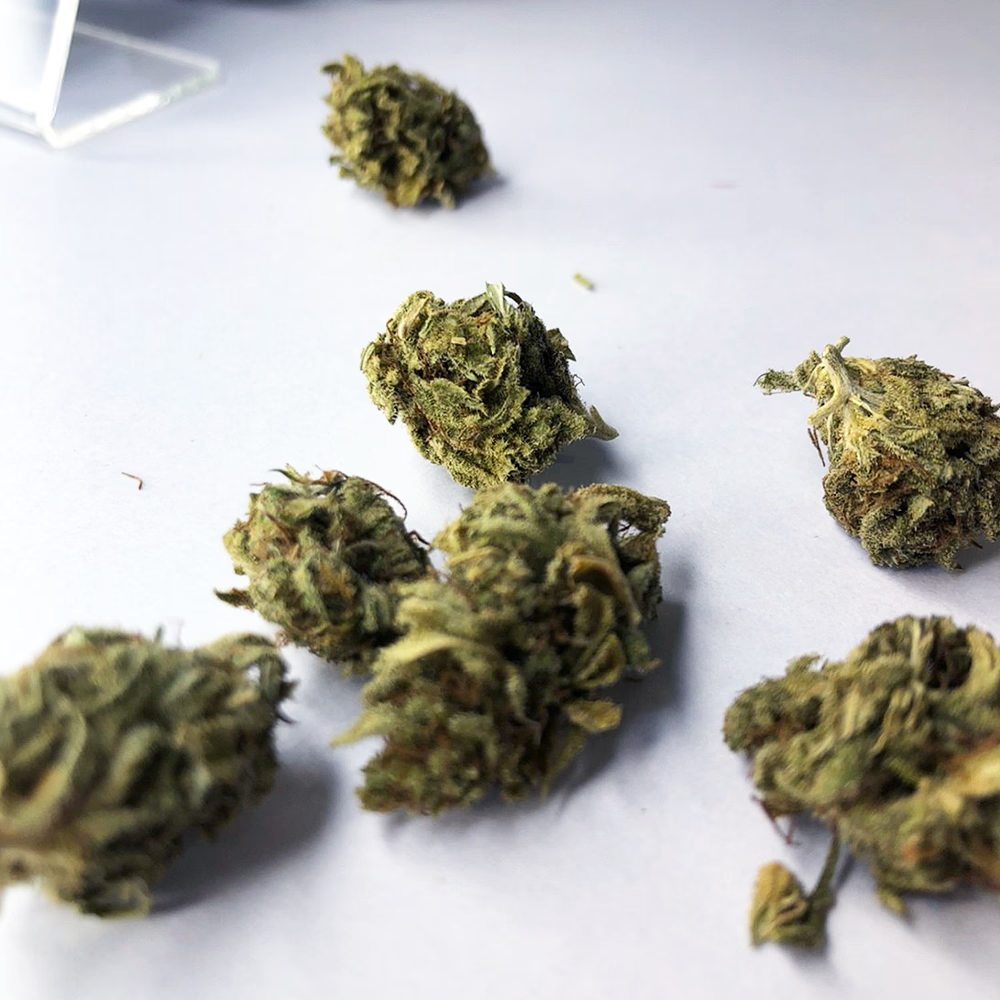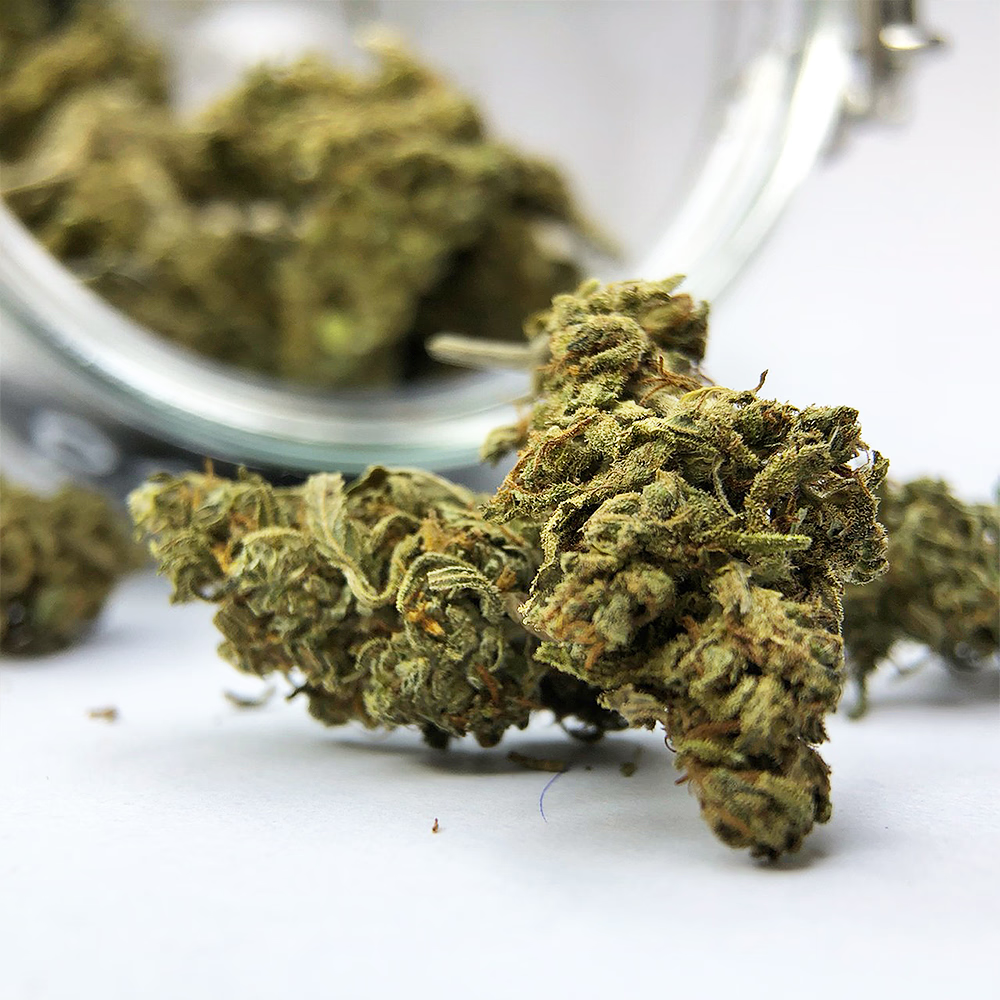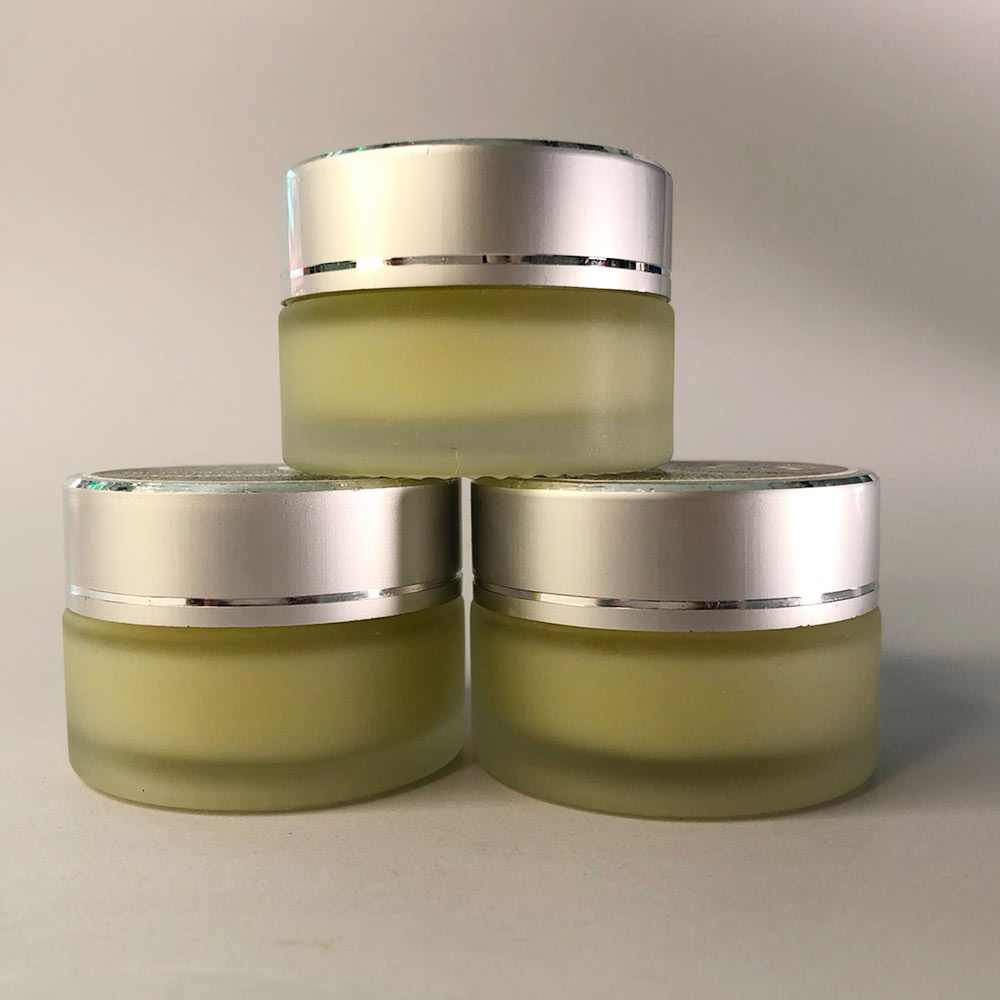Medical marijuana can be a seizure treatment
"medical marijuana" describes using the cannabis plant and its byproducts for therapeutic purposes. It treats several medical disorders, including glaucoma, multiple sclerosis-related spasticities, chronic pain, nausea, and other signs of significant medical conditions.
Cannabinoids are the name for cannabis' active compounds. To have therapeutic benefits, cannabinoids must interact with the body's endocannabinoid system.
Despite some states legalizing it for medical use, the legal status of medical marijuana differs from nation to nation. It is still regarded as illegal under federal law in the United States. Despite having a medical marijuana program since 2001, which gives qualifying patients access to dried or fresh cannabis flowers or oils through approved shops, Canada only recently legalized cannabis for recreational use.
Today, several studies are being undertaken globally on a range of different treatments employing various substances present in cannabis plants, such as THC (tetrahydrocannabinol) and CBD, to understand better the potential benefits of using medicinal marijuana (cannabidiol).
Most, if not all, of the therapeutic effects reported by users, are assumed to be produced by these two chemicals. However, additional research is needed before any firm conclusions can be drawn about their efficacy or safety profile when used as a medication.
Depending on the patient's condition and the intended outcomes, patients are frequently prescribed either dried flower buds or oil extracts, typically consumed orally through foods, drinks, or other means.
What kind of effects they have will depend on the strain or extract they choose; some strains/extracts may have higher concentrations of THC, making them better suited for treating conditions that require pain relief, whereas those with higher levels of CBD may be better suited for treating anxiety or insomnia-related problems, etc.

Recognizing the Various Cannabis Strains Used for Medical Purposes
Cannabis has been used medicinally for many years, and today, medical specialists worldwide acknowledge its therapeutic benefits. As a result, many cannabis strains are being developed, especially for their therapeutic properties.
It's crucial to comprehend the different sorts of cannabis accessible and what each one is best suited for treating before selecting a strain to aid with any specific medical issue.
Indica and Sativa are the two primary varieties of cannabis. Sativa strains are typically uplifting and stimulating, perfect for treating conditions like depression, exhaustion, lack of appetite, migraines, and other conditions that can benefit from better moods or higher energy levels.
The calming effects of indica strains make them excellent for treating pain, anxiety, insomnia, and other disorders that call for relaxation or alleviation from muscle spasms.
There are additional cannabis strains that combine indica and sativa genetics and these two essential cannabis species. When trying to find relief for several symptoms or disorders at once, hybrid strains frequently combine the benefits of both varieties to create an "in-between" type effect.
While high CBD/low THC choices may create little to no psychoactivity but still offer therapeutic advantages due to their anti-inflammatory characteristics, other high THC/low CBD strains may produce powerful euphoric effects.
It is crucial to consider the THC/CBD ratio when choosing a strain for medical use and any possible side effects like dry mouth or drowsiness that may differ depending on the strain. Furthermore, it's crucial to remember that various individuals may respond differently to the same strains. Hence, it's crucial to experiment to find the solution best suits each person's requirements.
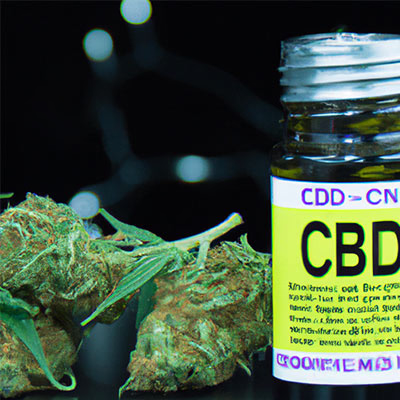
How Can Medical Cannabis Benefit Those who have Epilepsy?
Millions of people worldwide suffer from the brain illness known as Epilepsy. Recurrent seizures are its defining feature, frequently followed by loss of consciousness and slowed movement or sensation. Any age, gender, or race can be affected by Epilepsy, which several things, including a genetic predisposition, head trauma, stroke, or infection, can bring on.
Epilepsy still has no known cure, despite decades of research, and the only available treatments are drugs, which may not always be successful. As a result, many people have resorted to alternative therapies like medicinal marijuana to relieve their problems.
Medical marijuana has been used to treat various illnesses and disorders, including Epilepsy. The efficacy of medical cannabis in treating epilepsy-related seizures and other symptoms has been the subject of numerous studies in recent years.
These trials' findings have been encouraging; some patients report considerable decreases in seizure frequency, while others claim an improved quality of life, including better sleep and enhanced cognition.
Cannabidiol (CBD) and tetrahydrocannabinol are two active cannabis ingredients that are thought to have therapeutic advantages (THC). While THC is known to link with CB1 receptors, mainly found in the central nervous system, and can assist in lessening pain signals delivered from sensory neurons to the brain, CBD is thought to act on brain receptors that regulate inflammation levels.
According to research, the two ingredients may combine to operate synergistically, which may help to explain why some patients experience more success when utilizing medications that contain both ingredients rather than just one.
Medical cannabis may not only be effective at lowering seizure frequency, but it may also provide other advantages for people with Epilepsy, including better moods, reduced anxiety and depression, fewer adverse effects from antiepileptic drugs (AEDs), better sleep quality and duration, and even defense against cognitive decline brought on by aging or prolonged use of AEDs.
These effects may be explained by cannabinoids' capacity to interact with our endocannabinoid system, a network that controls functions like energy metabolism, appetite control, stress response systems, and others.
As a result, they can deliver targeted relief without affecting other areas or occasionally causing severe adverse reactions as traditional pharmaceuticals do.
Overall, it appears that medical cannabis can provide significant benefits for epilepsy patients when used safely and under proper supervision; however, it's important to note that more research is required before we can say with certainty what role it plays in overall treatment plans moving forward due to its complex nature combined with individual variations among sufferers themselves making it difficult to pinpoint exact dosages suitable for everyone alike - so more research is required (s).
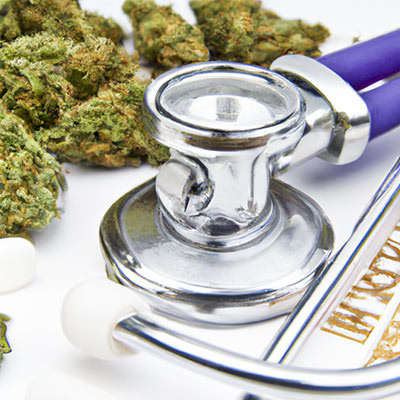
Advantages and Drawbacks of Medical Marijuana Use for Epilepsy
Recurrent seizures caused by Epilepsy can be challenging to treat with conventional drugs. Recurrent seizures caused by Epilepsy can be challenging to treat with conventional drugs. Since ancient times, cannabis, often known as medical marijuana, has been used to treat several illnesses. Its application in the treatment of Epilepsy has gained popularity in recent years. The pros and cons of utilizing medical marijuana as a therapeutic option for Epilepsy will be covered in this article.
Advantages
Less Frequent Seizures - Numerous studies have shown that cannabis may lessen the frequency of seizures in people with Epilepsy who do not react well to traditional treatments.
Tetrahydrocannabinol (THC), one of the active components in cannabis, and cannabidiol (CBD) also appear to interact with the brain's endocannabinoid system, which controls cell activity. This combination might lessen the frequency and severity of seizures.
Improved Quality of Life - People with Epilepsy frequently struggle with anxiety, depression, and other mental health conditions due to their disease, which can substantially impact their general quality of life.
According to studies, using medical marijuana frequently at modest doses over time may help improve emotions by lowering stress levels related to the condition and giving patients a feeling of calm.
Fewer Side Effects Than Conventional Medicines - Many people taking conventional antiepileptic drugs encounter severe side effects such as nausea, vertigo, sleepiness, weight gain or loss, hair loss, or skin rashes. When cannabis is used medicinally for extended periods at higher levels than would be used recreationally, it often has milder side effects instead, such as increased hunger or dry mouth in some people.
Cannabis can be safely taken with other treatments without worrying about dangerous drug interactions since it has no known interactions with other pharmaceuticals like many antiepileptic medications.
Drawbacks
Lack of Regulation- One major issue with using medical marijuana to treat Epilepsy is that it is not subject to the same level of regulation as standard pharmaceutical drugs. No federal rules govern this product's growth, processing, packaging, or sale, so there is no way to guarantee uniform quality control amongst different brands or batches.
Patients must therefore exercise extreme caution when choosing products from dispensaries since they risk unwittingly exposing themselves to dangerous substances if they choose items contaminated with bacteria, mildew, pesticides, etc.
Limited Research - Although preliminary studies have been undertaken that suggest cannabis may benefit people with Epilepsy, much more research is required before we can state with certainty whether or not this complementary therapy option should be advised as the standard of care.
It is challenging for doctors and patients to decide whether this should be a part of their treatment plan because there is still uncertainty over the dose quantities that should be provided for the best outcomes until further study has been done.
Although 33 U.S. states and Washington, D.C. permit the therapeutic use of cannabis under specific conditions, each state has regulations limiting who can acquire it lawfully through dispensaries, making availability very variable depending on where you reside.
Furthermore, even residents of jurisdictions where medicinal marijuana is authorized risk prosecution if detected purchasing, selling, distributing, having, etc., outside the bounds set by specific state law enforcement agents because marijuana is still federally categorized as an unlawful Schedule I material.
 Finding out More About CBD Oil and How Well It Controls Seizures
Finding out More About CBD Oil and How Well It Controls Seizures
Recently, CBD oil has grown in popularity and is frequently used to treat several ailments, including seizures. However, what precisely is CBD, and how does it function? The science of CBD oil and its possible applications for seizure management will be covered in this article.
Let's start by discussing what CBD is. One of the more than 100 chemical substances called cannabinoids that can be discovered in cannabis plants is cannabidiol (CBD).
CBD, a different cannabinoid in cannabis plants, does not cause users to feel high or have any psychoactive effects. Instead, it offers a variety of medicinal advantages without the drawbacks of marijuana use.
Research indicates CBD's antiepileptic qualities may make it a good treatment choice for reducing seizures. According to research in The British Journal of Clinical Pharmacology, compared to those who received a placebo, patients with Epilepsy who were given the drug orally experienced "an overall improvement in seizure frequency." Similar findings were found in another Neuroscience & Biobehavioral Reviews study: patients receiving cannabidiol had much fewer convulsive seizures than those receiving a placebo or no therapy at all.
In addition to perhaps lowering seizure frequency, CBD also seems to have protective effects against the brain damage brought on by frequent seizures, which can be highly debilitating for certain people with Epilepsy and other neurological conditions. The anti-inflammatory effects of cannabidiol on brain cells impacted by epileptic activity, which protects them from further damage brought on by repeated seizures over time, are thought to be the reason for this effect, according to researchers.
Although the precise mechanism by which CBD oil controls seizures is still unknown, several theories suggest it may act on specific receptors in the brain that are involved in controlling neuronal excitability or modulating neurotransmitter release, both of which may help people with Epilepsy or other neurological disorders like Parkinson's disease and Alzheimer's disease experience fewer seizures.
Research has shown that CBD oil may have additional health benefits outside its potential anti-seizure properties, including helping to ease the symptoms of mental disorders, chronic pain relief, and even cancer therapies.
Its calming qualities and capacity to lower stress levels have also been investigated for potential use as a natural sleep aid. It is an excellent supplement for those who have trouble falling asleep at night or have insomnia.
However, these assertions are still mostly unsubstantiated, necessitating further study before conclusions regarding these alleged health advantages can be drawn.
More research is undoubtedly required to determine the safety, effectiveness, and long-term adverse effects of utilizing cannabidiol to treat various medical issues. Preliminary research suggests that this chemical has therapeutic promise, particularly for reducing seizures experienced by people with Epilepsy or other neurological conditions.
Always consult your doctor before beginning any new dietary supplement, including cannabidiol oil; they can offer guidance relevant to your circumstances.

